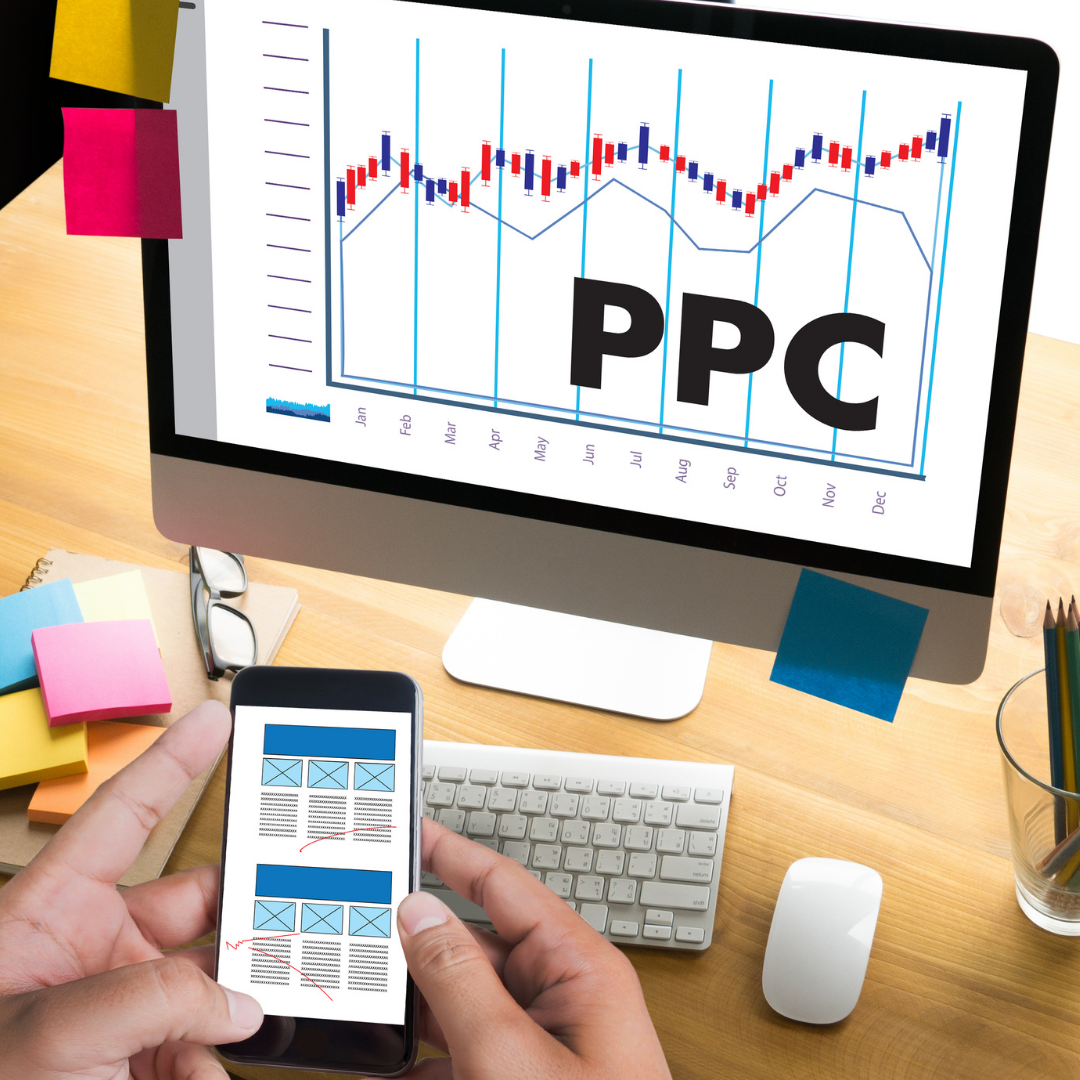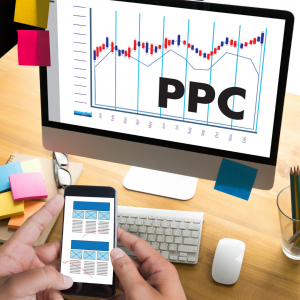
From the paid campaign, direct search to referrals, you may have a lot of methods to earn traffic other than organic search. Sure, these are proven ways to get quicker results.
But that doesn’t mean organic search has taken a backseat. It is still important like before. Organic search creates an important, sustainable return on investment. Moreover, it is one of the effective revenue streams across all industries. You just know how to do it right.
According to one report, Google gets 3.8 million searches per minute globally, meaning 228 million searches per hour, 5.6 billion searches per day, or 2 trillion searches per year. Half of them are likely to be product searches. In fact, the searches made on Google in a couple of days can easily surpass the world population. In a nutshell, trillion people type a query into Google and click on the organic listing appearing in the search results. For example, if I have to find some nice trousers or the recipe for dark coffee, I will definitely type my query in the search box. Well, everyone does.
So we cannot overlook the importance of organic search.

Here’s Why Organic Search Still Matters (And Will Always)
Like I have told you, a lot of people still use the Google search box.
Organic traffic refers to traffic that comes to your website when someone types a query into Google or another search engine and visits the listing appearing in the search results. This way, they land on your website from the search results and you get organic search traffic.
However, most searchers never explore beyond the first or second page of a search engine, intensifying the top spot competition. It is not easy to appear at the top with organic search. That’s why PPC is chosen for getting faster results.
But that doesn’t diminish the value of organic search in any manner.
Here are the reasons….
Organic Search Brings 5 Times More Traffic Than Google Ads:
That’s an astonishing fact. Isn’t it?
This claim is made by none other than Google. The search engine giant, in their economic impact report, said that organic search is 5 times more valuable than Google Ads. The company that earns nearly 85% of its revenue from paid media has openly claimed that organic search is more effective than paid search.
Organic Search Bring in Relevant Prospects:
Getting traffic is one thing and getting relevant traffic is quite another.
A footwear shop needs customers looking for shoes, not someone looking to buy jeans. The point is here to look for the visitors that can convert into your customers. Search intent helps you determine the quality of traffic.
Anyone who keys in the search box has a particular intent. They are looking for information that can satisfy their intent. Understanding the search intent can benefit your marketing in many ways. Firstly, you will aware of the keywords used by your potential customers.
If your websites rank for those relevant keywords, you will get regular targeted traffic. It means that a footwear shop will get prospects looking to buy shoes, not jeans. It can also create a way for new leads and customers.
Sustainability:
While PPC brings instant results, it requires constant investment. You can lose all momentum once you stop investing in paid traffic. But this is not the case with organic traffic. Although it takes time, the results are long-lasting.
Being Cost-Effective in the Long Run:
Paid traffic campaigns are costly.
However, those costly clicks won’t guarantee to convert a customer. Organic strategies are cheaper and ensure higher ROI in the long term.
All your content, brand-building strategies, and social media marketing will be there to stay. Over time, they will gain value. Even if you stopped paying for organic search, these assets will be there to work for your business. After all, you have built an ecosystem.
Increasing Your Credibility:
Do you ever click on the paid results for your search queries? I think you are less likely to do it. Most people generally prefer top ORGANIC results over the paid results. This is because these results seem relevant and trustworthy. No wonder why 75% of clicks are organic.
Providing Actionable Data:
Like any other online marketing strategy, organic search provides you with actionable data. For instance, you can find out how many views are generated by your blogs or if your services pages are getting any leads.
This data can impact your SEO, as well as your entire marketing strategy.
With precise, relevant, and up-to-date information, you can make data-driven decisions that can help you attract more traffic and meet your goals.
Organic Search Can be Aligned with Other Marketing Channels:
Organic search can be used to support your other marketing channels such as social media, paid advertising, email marketing, video and more.
For example, if your team creates a series of blog posts, you can repurpose that content for your social media posting. Your next Instagram post, for example, could have pulled quotes with an infographic to make users read your blog.
The data of organic search can be used in your PPC campaign. You can use Google Analytics and Google Keyword Planner to identify the relevant keywords and phrases used by your target audience. The same keywords can be used in your PPC campaigns.
The Bottom Line:
Organic traffic aligns with the goal of every search engine—to provide quality results to the users.
That’s why it is highly valued by Google. It is a lifeline for any business because it is targeted. Users landing on your website from search engine results have a very specific intent and if you can provide them with a solution or answer to their query, they are more likely to convert.
However, whether it is PPC or SEO, every online marketing strategy is important. You need to make sure that these marketing methods work in sync for your business.
What do you think? Let me know by commenting below!

Started working as a digital marketing expert, Varun Sharma is now also a well-known digital marketing speaker – a speaker on performance development, and a trusted mentor to businesses in the digital world. His keynote expositions are based on the digital marketing theories, which provide a fascinating insight into the secrets of high performance.

